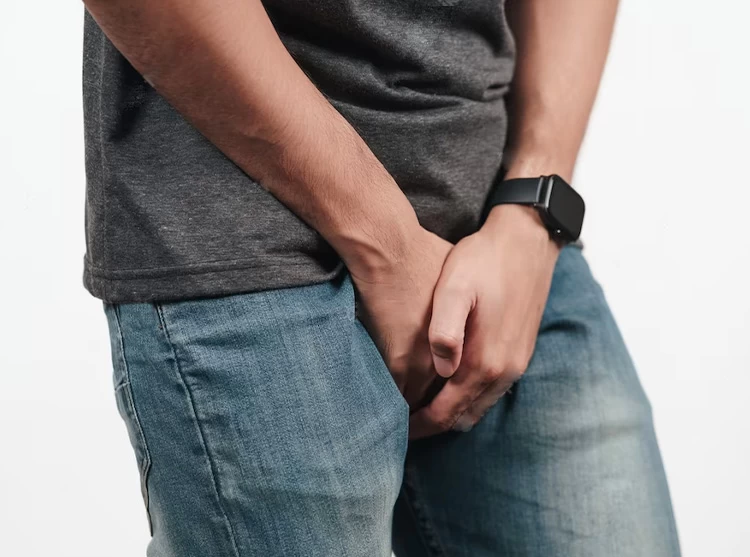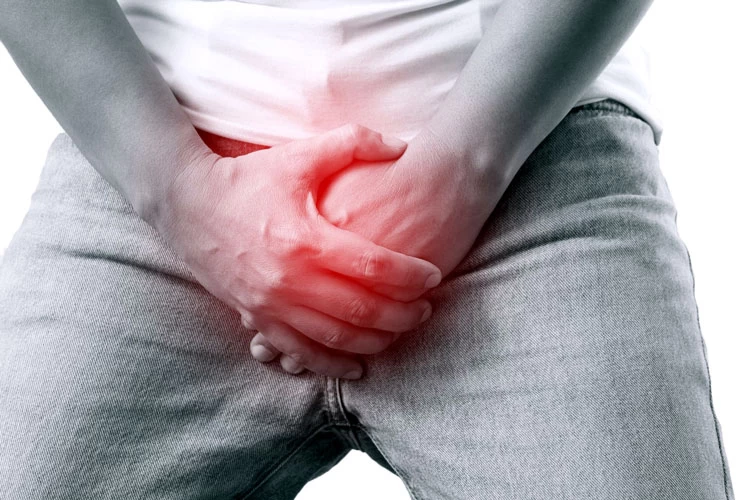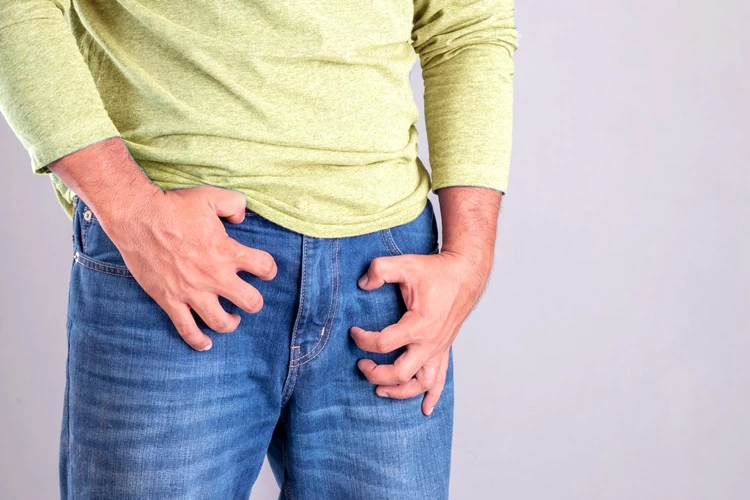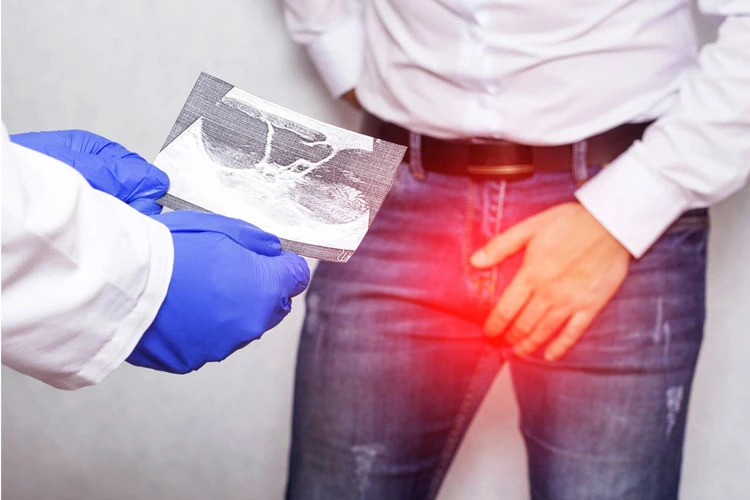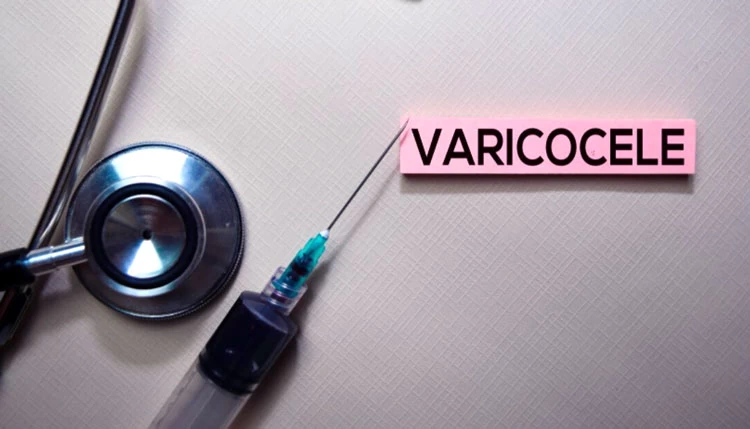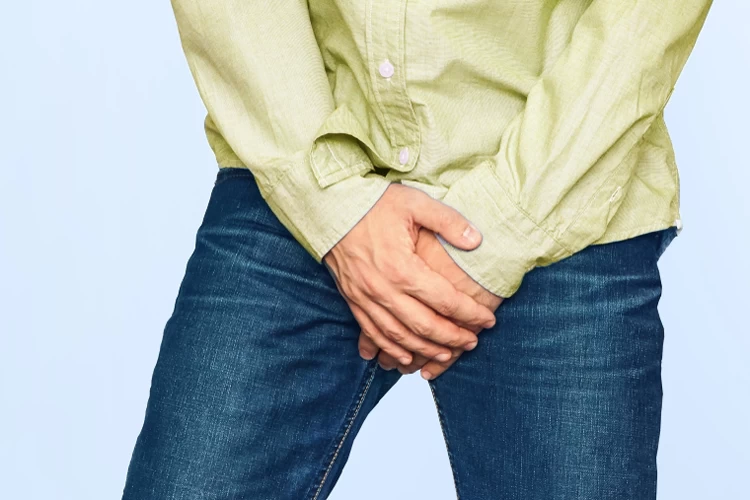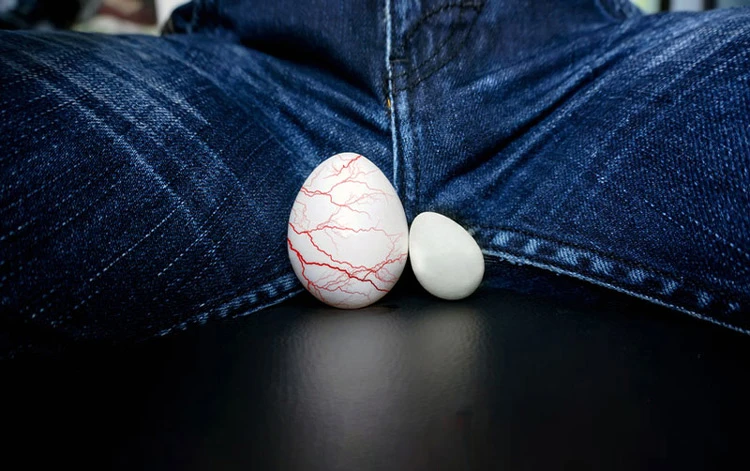Varicocele surgery reduces scrotum pain and treats infertility; however, it may cause hydrocele, damage to the scrotum’s vein, testicular atrophy, or testicle inflammation. Varicocelectomy is done in various ways, including open surgery, microsurgery, laparoscopy, and embolization, but the safest method is laparoscopy surgery.
Serious testicular problems such as varicocele, testicular torsion, reproductive system cancer, hydrocele, and testicular atrophy can adversely affect male infertility. The first step to treat testicular diseases is diagnosing them through ultrasound, nuclear scan, blood test, semen analysis, and physical examinations.
In most cases, grade 1 varicocele does not require surgical treatment, but if left untreated, it may affect sperm production and quality. Men dealing with grade 1 varicocele can improve their condition by changing their lifestyle, taking prescribed medications, and, in more serious cases, undergoing microscopic varicocelectomy.
Varicocelectomy benefits men who have low testosterone levels, fertility problems, and pain in their testicles. In this operation, the surgeon removes or blocks the enlarged vein and improves blood flow in the scrotum. Depending on the varicocele grade and the patient's symptoms, the urologist may choose laparoscopic surgery, embolization, open surgery, microsurgery, or other surgical methods to remove the damaged vein.
Grade 3 varicocele is the most severe type of this disease, which is associated with constant pain in the scrotum, testicular atrophy, and infertility. Although grade 3 varicocele is not life-threatening, it may cause blood clotting and damage to internal organs, so it should be treated through open surgery, laparoscopy, or subcutaneous embolization.
Recovery after open varicocele surgery takes 4 to 6 weeks, while it takes nearly 2 to 4 weeks to recover from laparoscopic varicocelectomy. At this time, you need to maintain good hygiene and take antibiotics to prevent infection, use ice compress to eliminate bruising and swelling, avoid heavy activities, etc.
Varicocele comes with symptoms such as pain, swelling, and feeling pressure in the scrotum. The testicular veins may twist and swell due to retroperitoneal cancer, congenital disorders, trauma, and heavy exercises. Low grades of varicocele can be treated with medication and lifestyle changes, but grade 3 varicocele needs surgical treatment.
